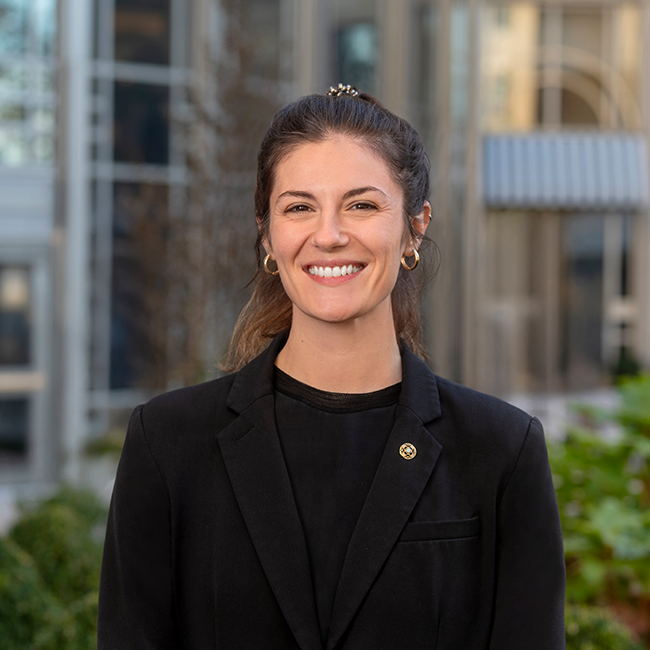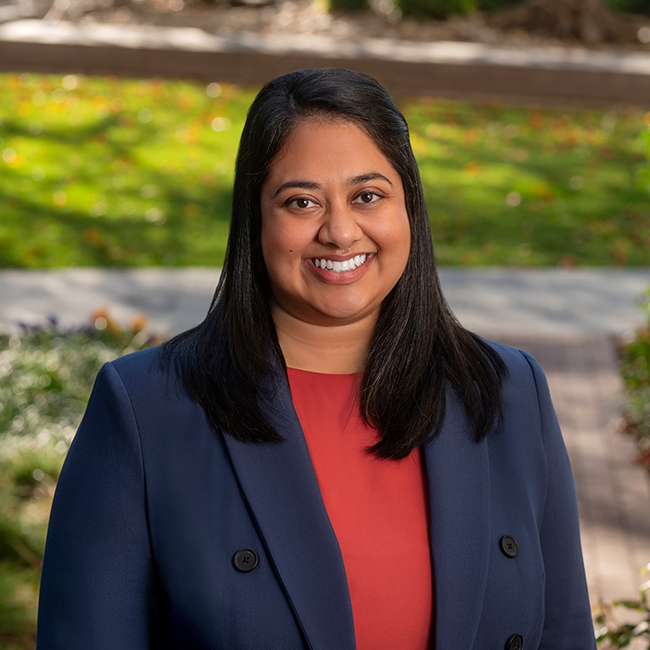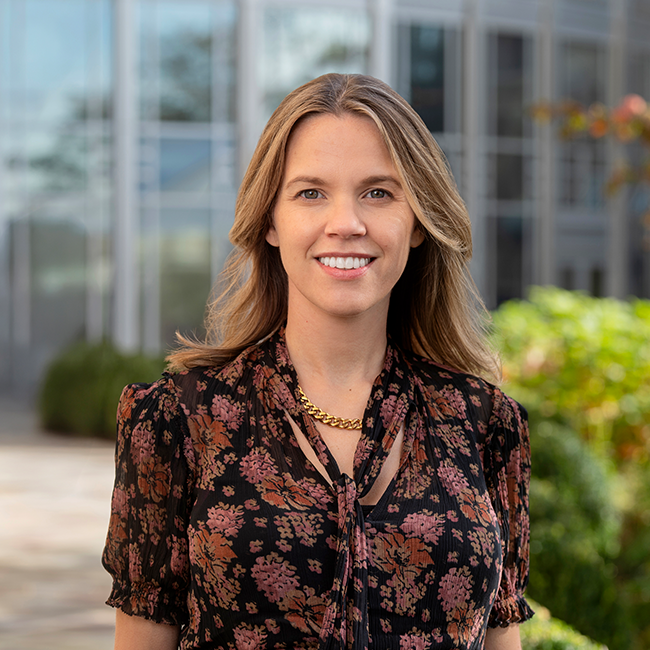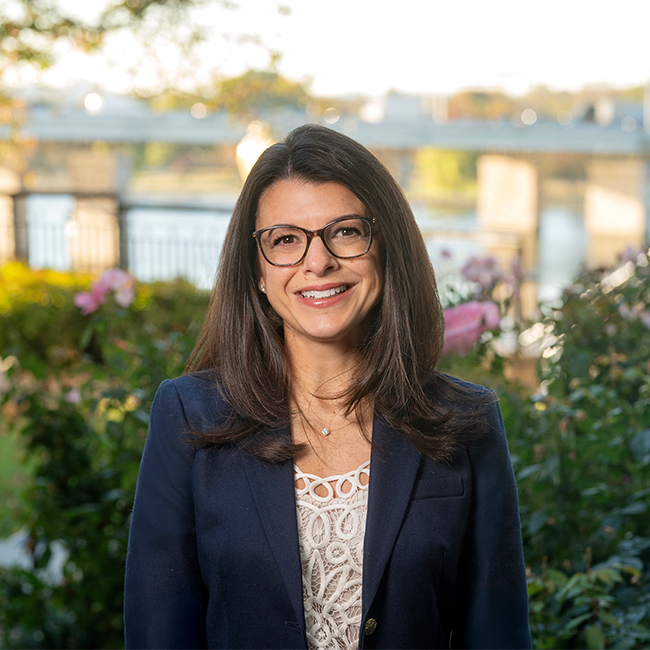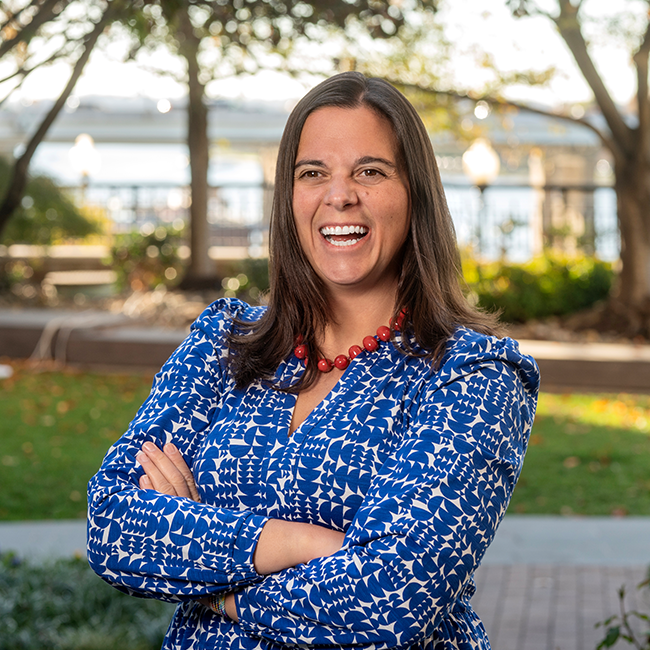Washington, D.C. – September 1, 2020 – The Milken Institute Center for Strategic Philanthropy (CSP) has released a series of reports focused on how philanthropists can lead strategic initiatives to rebuild better health, education, infrastructure and other critical systems in the context of the COVID-19 pandemic.
Giving Smarter in the Age of COVID-19 analyzes several issue areas heavily impacted by the pandemic—higher education, mental health, biomedical research, and environmental conservation—and lays out recommendations for how philanthropic capital and resources can create stronger, more equitable systems.
"COVID-19 has opened everyone's eyes to broken systems and entrenched social injustice,” said Melissa Stevens, executive director for the Center for Strategic Philanthropy. “With the right attention, the tide can and will turn—and philanthropy can lead the way toward long-overdue systems change."
Since the beginning of the pandemic, philanthropists have contributed more than $13 billion to mitigate COVID-19’s effects, providing support to essential workers, financing the race for a vaccine and much more. While these point solutions are playing a crucial role in addressing near term challenges, they have diverted attention and resources from overhauling systems that were burdened even before the pandemic started.
The reports highlight how progress in several key issue areas has stalled during the past few months due to COVID-related shutdowns, diverted funding, and limitations on work and travel. The series also offers a roadmap for philanthropists who want to take part in the rebuilding of smart, sustainable, and strategic solutions to the root causes of social problems.
Giving Smarter in the Age of COVID-19 examines the landscape across four issue areas:
-
Higher Education: Higher education institutions have faced many challenges since the beginning of the pandemic. Online learning, and its attendant challenges around access to resources, technology, and high-quality instruction have received significant attention. More important may be the long-term impact on mental heath and well-being that the switch to online learning has caused. While student mental health has been at the top of campus leaders' concerns, only 35 percent of school presidents said they planned to invest more in mental health services due to COVID-19.
-
America's mental health system: Beyond the challenges to students, the mental health ecosystem, which was already in crisis prior to the pandemic, is now under extreme pressure as the emotional well-being of people of all ages continues to be impacted. More than one third of Americans are showing clinical symptoms of depression and anxiety, deaths from drug overdoses (particularly in young people) are surging, and it is more difficult than ever to access mental health care. Philanthropic investment is needed to facilitate an immediate crisis response and support long-term solutions that build capacity across the system and make it easier to access to care.
-
Biomedical research: Due to the all-encompassing focus on finding treatments and a vaccine for COVID-19, research relevant to more than 10,000 diseases has stalled. Without attention, treatments and cures for diseases that millions of people around the world live with every day will be delayed and out of reach.
-
Planetary Health: An economic downturn and the ramifications of social distancing has reduced the ability of frontline conservation workers to mitigate negative impacts on the environment. Poaching is on the rise globally as rangers make tough calls about their safety and animal protection. Ecotourism around the world has stopped, removing a key conservation funding source. Environmental education and research opportunities are disappearing due to the uncertainty of funding.
Across the issue areas examined, CSP also found hidden ways in which young people, women, and Black and brown people are being hard-hit by pandemic setbacks. "COVID-19 closures and funding shortfalls have forced many individuals from marginalized and underrepresented communities out of the lab and the field, taken away opportunities for them to learn, or otherwise added to their mental health burden,” said LaTese Briggs, senior director for the Center for Strategic Philanthropy. “The domino effect of this will make it difficult to achieve equitable and inclusive research, equitable climate solutions, and so much more."
The series offers several recommendations for philanthropists wanting to get started or commit further to the issues they support including:
-
Taking a social justice lens to the problem—and the solution. Consider the impact on the most vulnerable people—whether that is young people experiencing mental health challenges, people of color, early-career scientists who face uncertainty in career transitions, or indigenous communities impacted by climate change.
-
Focusing on capacity building. Science needs skilled researchers, people of all ages need access to effective mental health care, and young people need the tools to help them develop resilience skills. By training and deploying the right talent who understand the world and their respective fields, philanthropy can help build stronger systems.
-
Collaborating with others. Philanthropy alone cannot solve complex, entrenched challenges. This was the case long before the pandemic. But especially now, it can be the force that drives collaboration, listening, communication, and advocacy to create a multiplier effect.
To read the reports in the series, please visit https://milkeninstitute.org/centers/center-for-strategic-philanthropy/giving-smarter-guides/COVID-19.
###
Media Contact:
Mala Persaud, [email protected], +1 (202) 841-9336.
About the Milken Institute
The Milken Institute is a nonprofit, nonpartisan think tank that helps people build meaningful lives in which they can experience health and well-being, pursue effective education and gainful employment, and access the resources required to create ever-expanding opportunities for themselves and their broader communities. For more information, visit https://milkeninstitute.org/
About the Center for Strategic Philanthropy
The Milken Institute Center for Strategic Philanthropy advises individuals and foundations seeking to develop and implement transformational giving strategies. In addition, we provide resources and leadership to make the philanthropic landscape more effective. Our vision is for a more effective philanthropic ecosystem where dollars are spent strategically, donors realize the impact they seek, and people and the planet thrive. Visit http://philanthropy.milkeninstitute.org/


